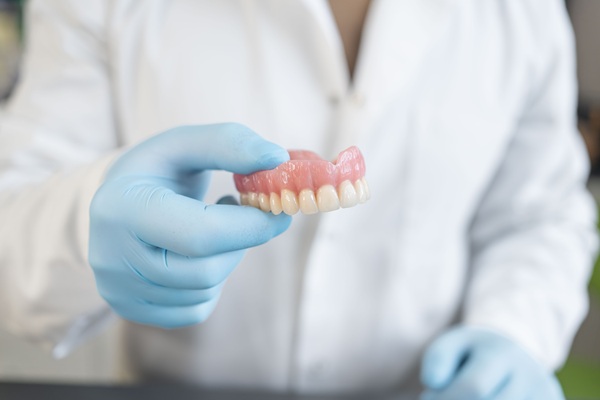A General Dentist Answers Questions About Root Canal Therapy

A general dentist is someone who helps individuals maintain a healthy oral cavity, and that includes performing root canal therapy as needed. Root canals are a procedure that often strikes anxiety in individuals because it was once said to be painful; however, that is actually far from true! Modern-day dentistry has allowed for quite the evolution, making the procedure seamless and quite helpful for oral health. Continue reading to find out more.
Questions and answers about root canal therapy
Below are a few questions that general dentists get asked about root canals. In addition to reviewing the questions, readers can also have a better understanding of what the answers are too.
1. When is root canal therapy needed?
Root canal therapy is needed when there is a tooth that is severely infected as a result of bacteria. In early cases, cavities are treated by a general dentist with a filling or dental crown. However, in moderate to severe cases, a root canal may be required as it is a more aggressive approach to treating cavities.
2. Does a general dentist perform root canal therapy?
Yes! General dentists are qualified and trained to perform root canal therapy. In some cases, a general dentist may refer the patient out to a specialist; however, in mild to moderate situations, a general dentist can perform the procedure.
3. What is involved in root canal therapy?
Root canal therapy involves the removal of the infected areas of the tooth, including the nerves, which are typically infected. The canal of the tooth is cleaned out and then filled with a rubber material. A temporary dental crown is placed on top of the tooth and then the patient is sent home. A few weeks later, the general dentist places the permanent crown, which completes the root canal therapy process.
4. What does a general dentist suggest after a root canal?
General dentists suggest a few things after a root canal. It is important to review them in order to heal appropriately.
- Rinse with saltwater gently
- Continue to brush the rest of the teeth to avoid infection
- Avoid foods that are sticky, hard, or tough
- Follow up with the general dentist a few days after
5. Will root canal therapy prevent future cavities?
Not necessarily. Root canal therapy does get rid of cavities that are present in the tooth being worked on, and because the nerves of the tooth are removed, it is not possible for an internal dentin infection to come back. However, it is important to know that the treatment itself will not prevent future cavities in any of your teeth.
Find out more from a general dentist
Still have questions about root canal therapy? Talking to a general dentist is the next step to take. Anything else that is unknown or not understood can be appropriately addressed. Reach out today to learn more or to get scheduled for an appointment with the general dentist.
Request an appointment here: https://copperhilldentalpartners.com or call Dental Partners Copperhill at (423) 241-6102 for an appointment in our Copperhill office.
Check out what others are saying about our dental services on Yelp: General Dentist in Copperhill, TN.
Related Posts
Curious about when root canals are needed? Read on to learn more about this dental treatment. Severe tooth decay or root and pulp infections can necessitate a dental procedure known as a root canal. Although some patients may harbor concerns about this treatment, it plays a vital role in salvaging damaged teeth. By opting for…
Dentures are a reliable solution for restoring proper oral function after tooth loss. While dental implants have gained popularity in recent years, dentures continue to be an effective treatment method for many people looking to repair their smiles. The following blog explores the pros and cons of dentures versus dental implants, highlighting why dentures are…
Dental fillings are one of the most common ways that cavities are treated by dentists. For cavities that are mild to moderate, dental fillings are the most appropriate route to take. Additionally, it is one of the most straightforward procedures to perform. With that, it is helpful to have an understanding of what goes on…
Proper aftercare is a crucial part of the success of any procedure, including root canals. For example, those with an infected or severely cracked tooth may avoid extraction thanks to root canal therapy. Despite the benefits root canals provide, many people find them intimidating. However, a root canal is a fairly simple procedure that reduces…


